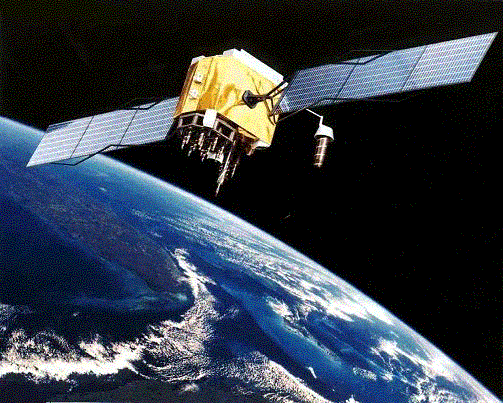ECE/MAE 4150
Global Positioning System Theory and Design

The Global Positioning System (GPS) is a constellation of 24 or more
satellites used for navigation and precise geodetic positions measurements.
The GPS satellites are operated by the United States Department of
Defense (DoD). After 30 years of continued service, GPS is still
a rapidly developing technology with far-reaching applications in
sea and air navigation, mining and forestry, meteorology, aerospace
engineering, and cell phone and power-grid timing.
ECE/MAE 4150, the Global Positioning System course at Cornell
University, was the first of its kind. In this course, GPS
operating principles and GPS-related engineering practices will
be analyzed. Learn about Navigational Algorithms, Receiver
Analysis, Ranging Errors, Ionospheric Effects, Dilution of
Precision, and Differential GPS. Be part of one of the fastest
growing fields in Electrical Engineering! For more information,
please contact Dr. Mark Psiaki.
|
